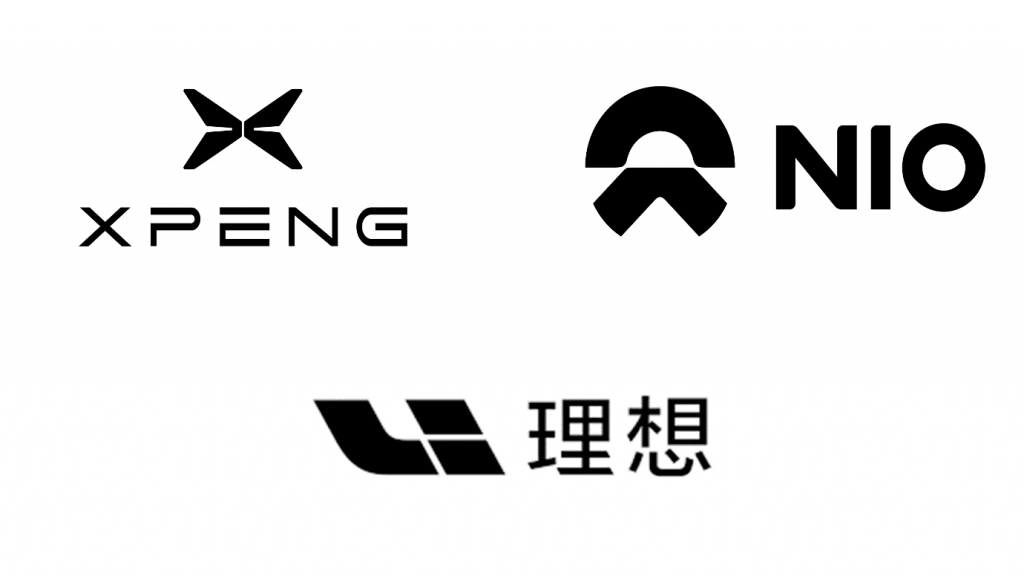
Canada Appeals for International Firefighting Aid
June 09, 2025: Canada has issued an international appeal for firefighting support as wildfires intensify across multiple provinces

April 5, 2022: -Chinese electric vehicle start-ups Nio, Xpeng, and Li Auto delivered more cars in March than in February, even as they faced several challenges in the last few weeks.
Chinese electric carmakers grapple with a rise in Covid cases in China, which threatens to disrupt production and deliveries while raw material costs continue to increase. That’s forced a few auto companies in China, from Tesla to Xpeng and Li Auto, to hike the prices of their cars.
The share prices of the three companies, Nio, Xpeng, and Li Auto, were sharply higher in U.S. pre-market trade. Of the three, Xpeng is delivering the most electric cars in March. The Guangzhou-headquartered automaker said it had 15,414 vehicles in March, up 148% from February. Xpeng delivered 34,561 cars for the first quarter, increasing 159% yearly.
Xpeng’s P7 flagship sedan is exceeding 9,000 deliveries, a monthly record. “The company attributes its robust Q1 delivery results to growing brand awareness and higher demand for its Smart EV products and accelerated delivery of its large order backlog from 2021 and recent orders received in 2022 after it completed technology upgrades for its Zhaoqing plant in February,” an Xpeng spokesperson told CNBC.
Zhaoqing in south China is Xpeng’s main production facility. Chinese electric vehicle start-up Li Auto reported a rebound in deliveries of its cars in February. Still, it said production had been affected because of a resurgence of Covid cases in China.
U.S.- and Hong Kong-listed Li Auto delivered 11,034 of its Li-One sports utility vehicle (SUV), up 31% from February. Li Auto said it had returned 31,716 cars for the first quarter, increasing 152.1% year on year.
We provide the insights on leaders who are responsible for taking their organization to new heights, all the while bringing together a group of talented individuals.

June 09, 2025: Canada has issued an international appeal for firefighting support as wildfires intensify across multiple provinces

May 27, 2025: Air Canada Cuts Five U.S. Routes for Winter 2025–26, Part of Broader Cross-Border Retrenchment

May 26, 2025: Trump Freezes $2.2B in Federal Grants to Harvard Over DEI, Threatens Tax-Exempt Status.

May 14, 2025: Microsoft has announced plans to reduce its global workforce by approximately 3%, affecting roughly 10,000 employees across multiple departments.

May 13, 2025: The Trump administration is considering suspending the constitutional right of habeas corpus in a bid to accelerate mass deportations.

April 29, 2025: Donald Trump’s second term has reached the 100-day mark under sustained public skepticism, with national approval ratings